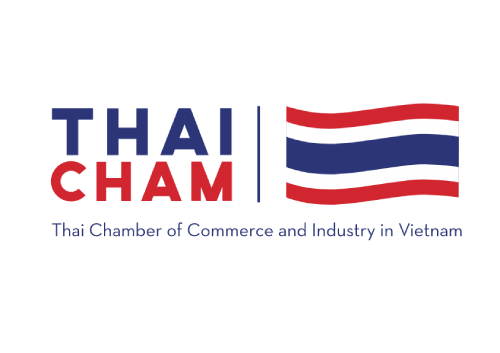[KPMG] VIETNAM LAUNCHES DOMESTIC LEGISLATION TOWARD OECD’S PILLAR TWO MODEL RULES

On 29 November 2023, the National Assembly of Vietnam has passed the Resolution in respect of the OECD’s Pillar Two Model Rules. The Resolution will come into effect from 1 January 2024.
As an Inclusive Framework (IF) member, Vietnam has just passed its domestic legislation to introduce Income Inclusion Rule (IIR) and Qualified Domestic Minimum Top-up Tax (QDMTT), which broadly align with the Global Anti-Base Erosion (GloBE) Model Rules of the OECD. Key provisions are as follows:
- Large multinational enterprises (MNEs) are required to pay a minimum 15% level of corporation tax on profit in each jurisdiction in which they operate.
- In-scope enterprises include constituent entities that are members of an MNE Group which has annual consolidated revenues of at least EUR 750 million in at least two of the four preceding fiscal years. If the jurisdictional Effective Tax Rate (ETR) is below the 15% minimum rate, a top-up tax will be imposed in Vietnam.
- The filing and payment deadlines:
– QDMTT: within 12 months of the end of the fiscal year; and
– IIR: within 15 months of the end of the fiscal year, and there is an extension to 18 months for the first year.
KPMG Vietnam’s observation:
The implementation of QDMTT and IIR in Vietnam is essential and in line with the GloBE Model Rules of the OECD. The Resolution will have significant impact on the cash taxes of in-scope MNE Groups, especially those enjoying generous corporate income tax incentives in Vietnam, and it is expected to result in different implementation challenges, as well as administrative requirements for in-scope MNE Groups, particularly in the context of the annual ETR and topup tax calculations based on a jurisdictional blending.
In-scope Vietnamese businesses should therefore stay ahead and have an appropriate plan to comply with the new rules, e.g. impact assessment, ETR and top-up tax computation, and information readiness for filing obligations, etc.
Implementation of the global minimum tax rules requires Vietnam to re-assess its policies to promote and attract investments, particularly foreign direct investment (FDI), as the current corporate income tax incentives regime will be less effective for in-scope MNEs in the post-GloBE environment. We expect Vietnam to introduce new FDI investment attraction measures, tax and non-tax, to better adapt and improve its investment competitiveness in the near future.
Download Full PDF at:
Please contact KPMG for further insights and advice on how to comply with these new rules and mitigate any potential tax risks to your business in Vietnam.
📍HANOI
46th Floor, Keangnam Landmark 72, E6 Pham Hung, Me Tri, Nam Tu Liem
T: +84 (24) 3946 1600
📍Ho Chi Minh City
10th Floor, Sun Wah Tower, 115 Nguyen Hue, Ben Nghe, District 1
T: +84 (28) 3821 9266
📍Da Nang
Unit D3, 5th Floor, Indochina Riverside Towers, 74 Bach Dang, Hai Chau I, Hai Chau
T: +84 (236) 351 9051
- Website: kpmg.com.vn
- Email: kpmghcmc@kpmg.com.vn




